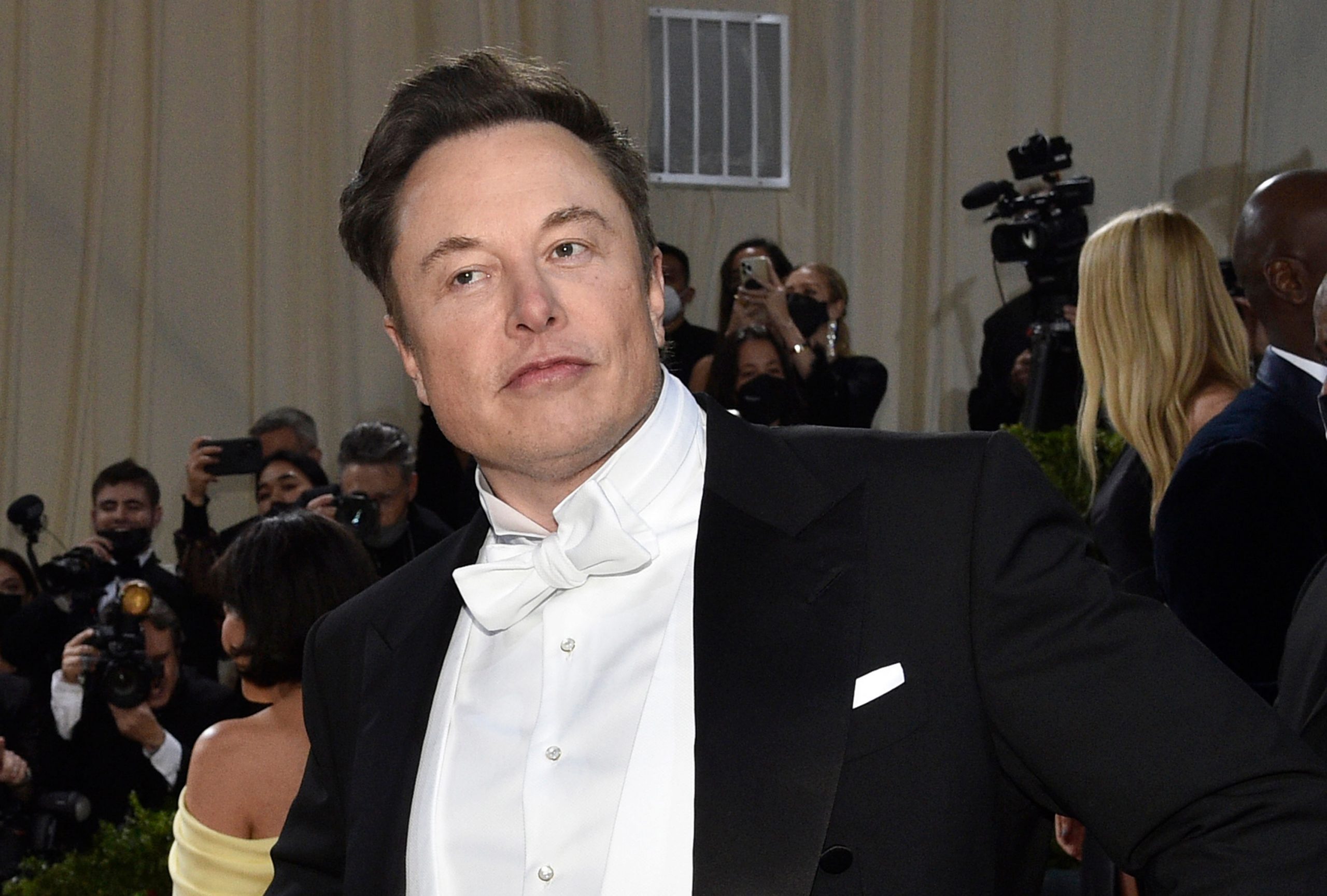Elon Musk is keen to get away from the $44 billion deal that he signed with microblogging site Twitter. However, while the banks financing the deal might be eager to back the billionaire’s decision, they will likely face legal hurdles, according to Reuters who spoke to people close to the deal.
Also Read: Twitter rubbishes Elon Musk’s countersuit calling it “rhetoric-heavy”
For the tech billionaire to walk away from the deal, his financing would have to collapse. Until he terminated the deal in July, 2022, he had managed to secure $13 billion from banks like Morgan Stanley, Bank of America and Barclays, amongst others.
For Musk to get out of paying for the deal, he would have to prove that despite his best attempts at financing, the banks did not deliver on their debt commitments, according to the Reuters report. This is likely to be hard for him to prove, especially considering that Twitter has already subpoenaed banks as well as the billionaire’s communications with them as part of the discovery process that precedes lawsuits.
Columbia Law School professor Eric Talley told Reuters that Musk would have to convince the judge that he wasn’t responsible for the bank financing not going through and that it would take a “great degree of deftness from him and the banks” to show such proof.
Now while the banks might be willing to retract their financing, they risk dinging their reputation as a reliable source of debt for future mergers and acquisitions.
Keeping him out of the deal serves their interests in two ways: Banks like Morgan Stanley, Bank of America, and Goldman Sachs have managed to make $500 million in banking fees alone from the founder of Tesla since he first approached them in 2000. By continuing to support his financial decisions, they would be able to continue banking on his fees to maintain their books.
On the other hand, if the Delaware Court of Chancery forces Musk to go through with the acquisition, the financial institutions that helped finance the deal are likely to lose potentially millions of dollars, according to sources who spoke to Reuters.
Large deals such as the $44 billion Twitter deal, require them to sell off debt to maintain their balance sheets. In any case, following Musk signing the deal in April and his termination of it in July, parts of the debt market have faced a downturn, which could potentially make it difficult for the banks to attract investors. The debt they’ve already financed will then have to be sold at a loss.







